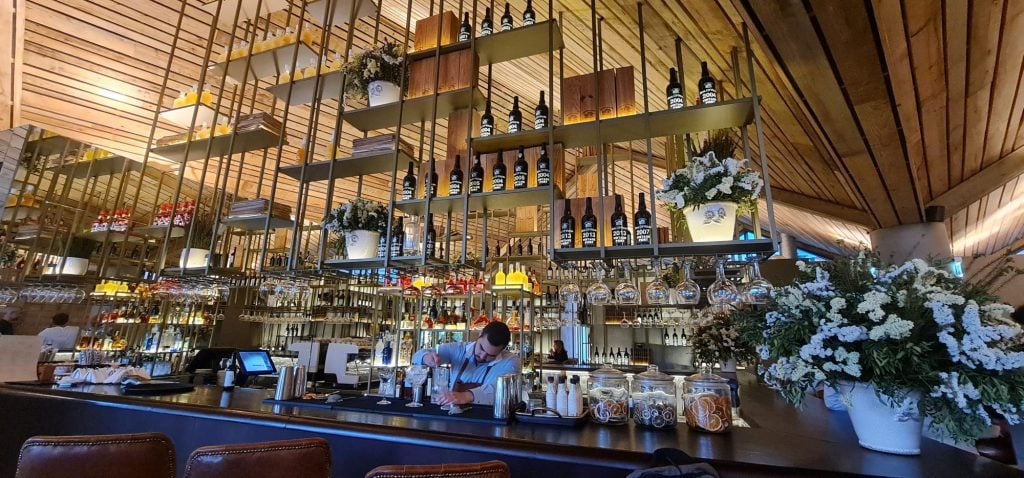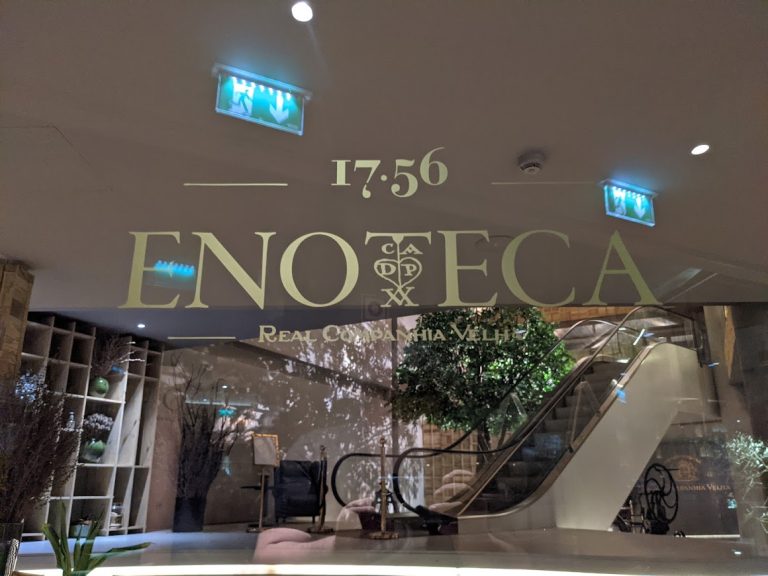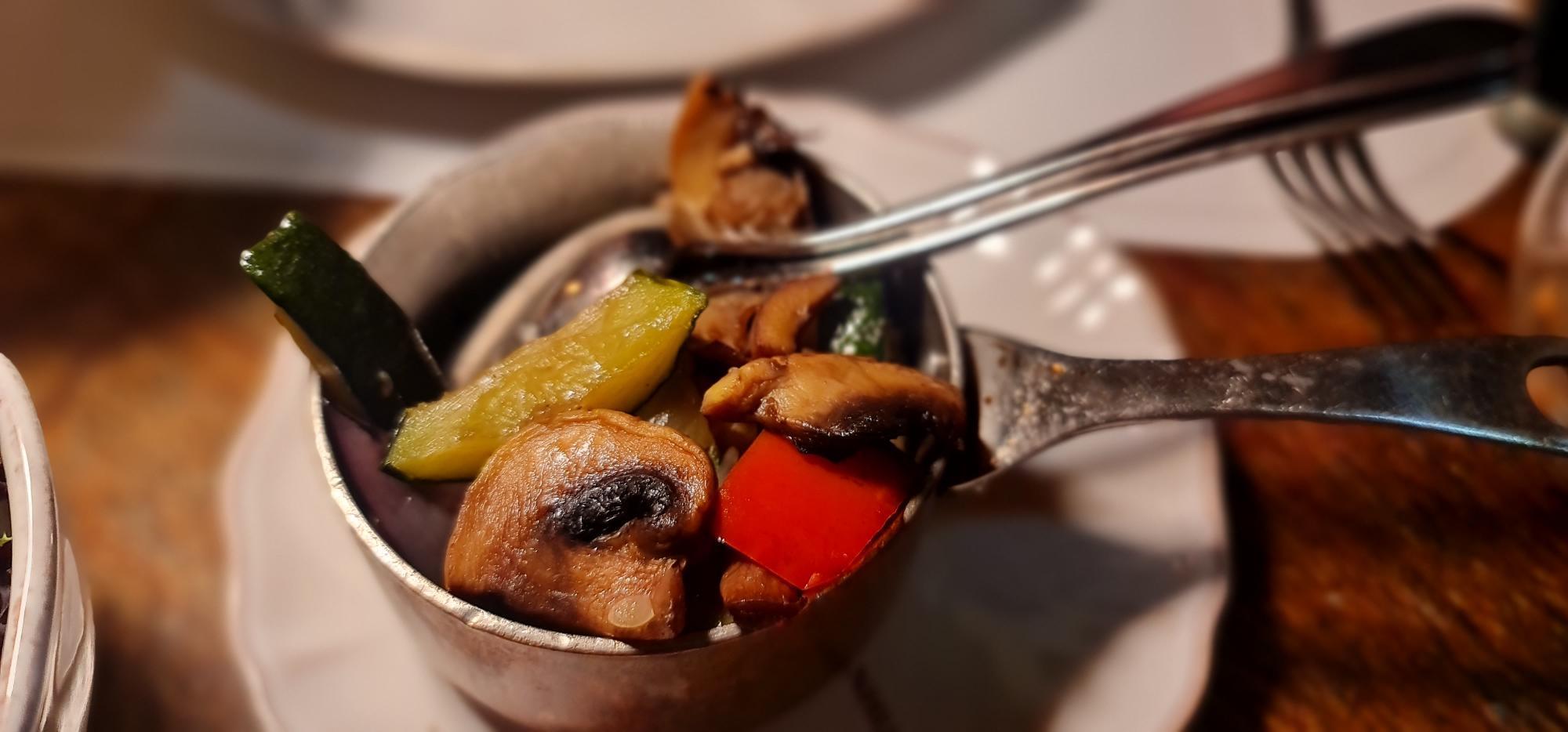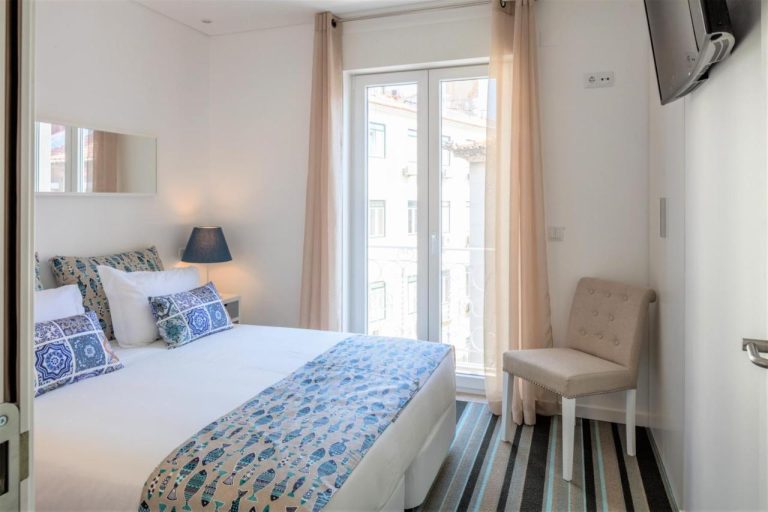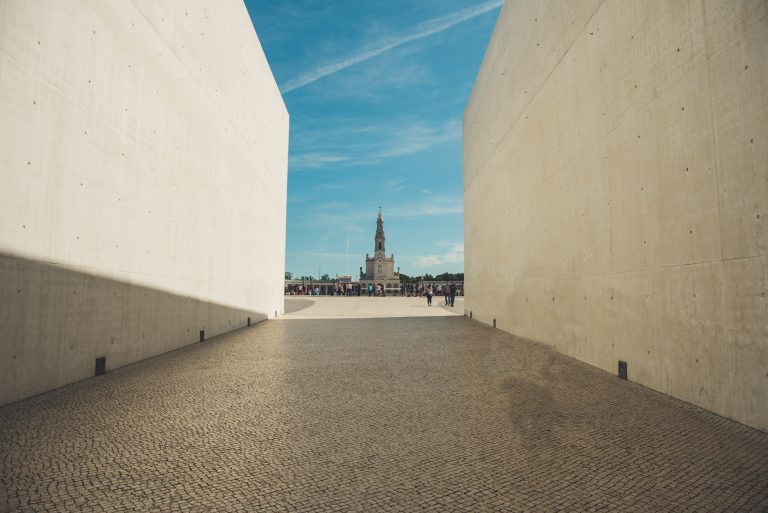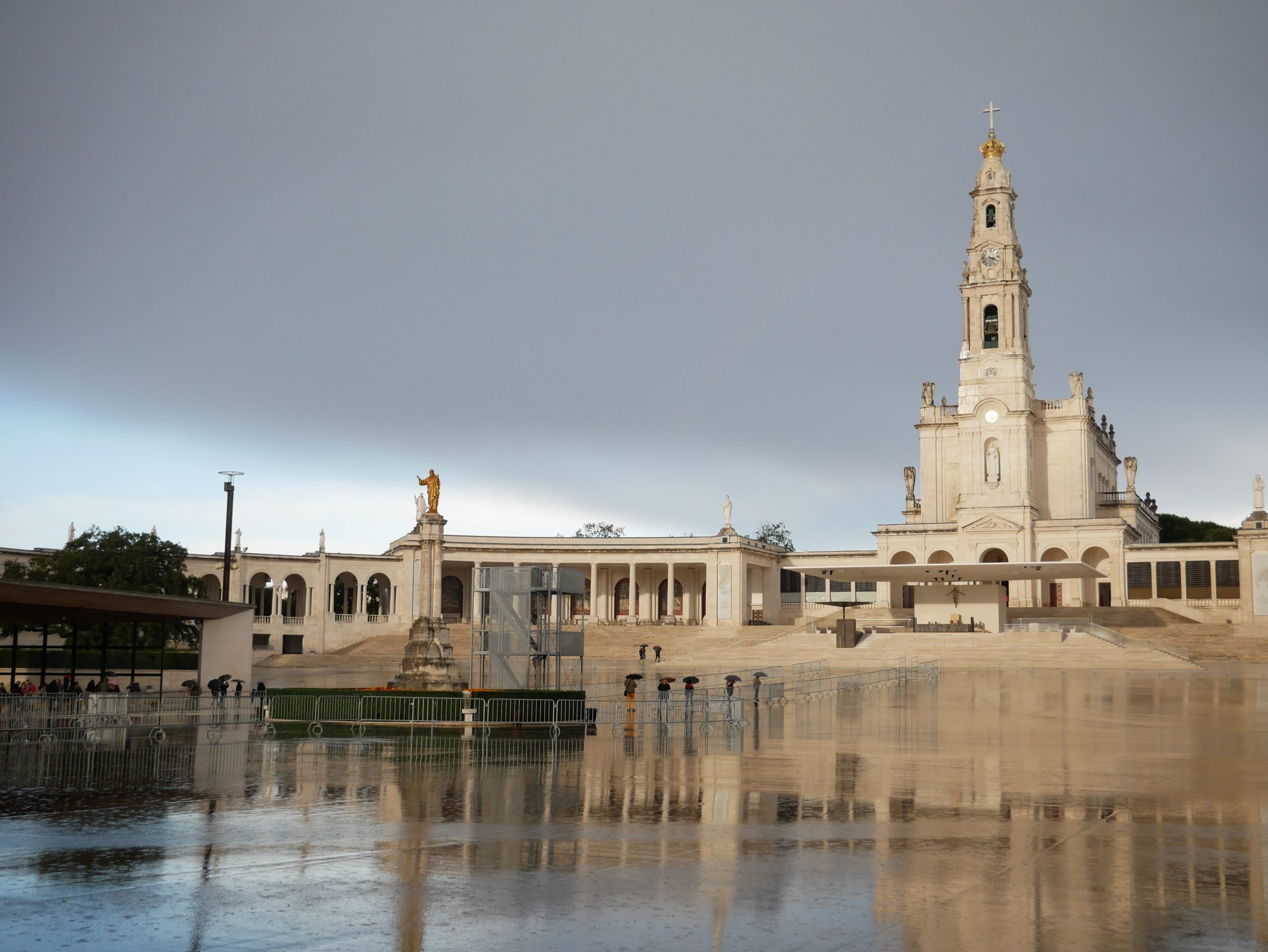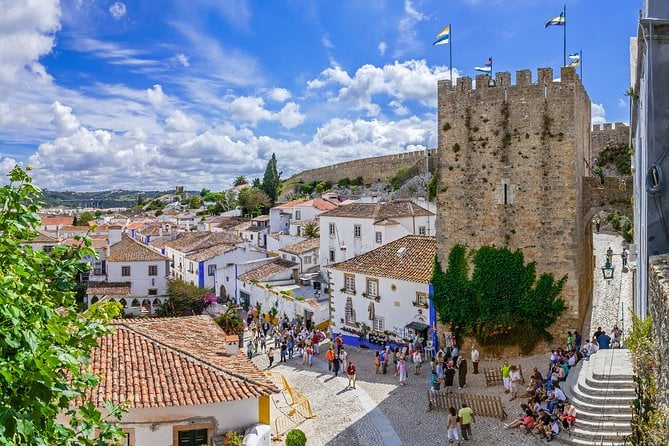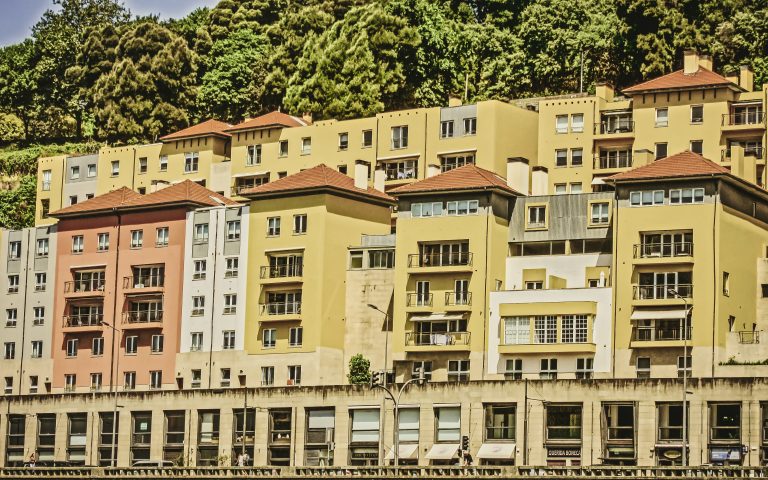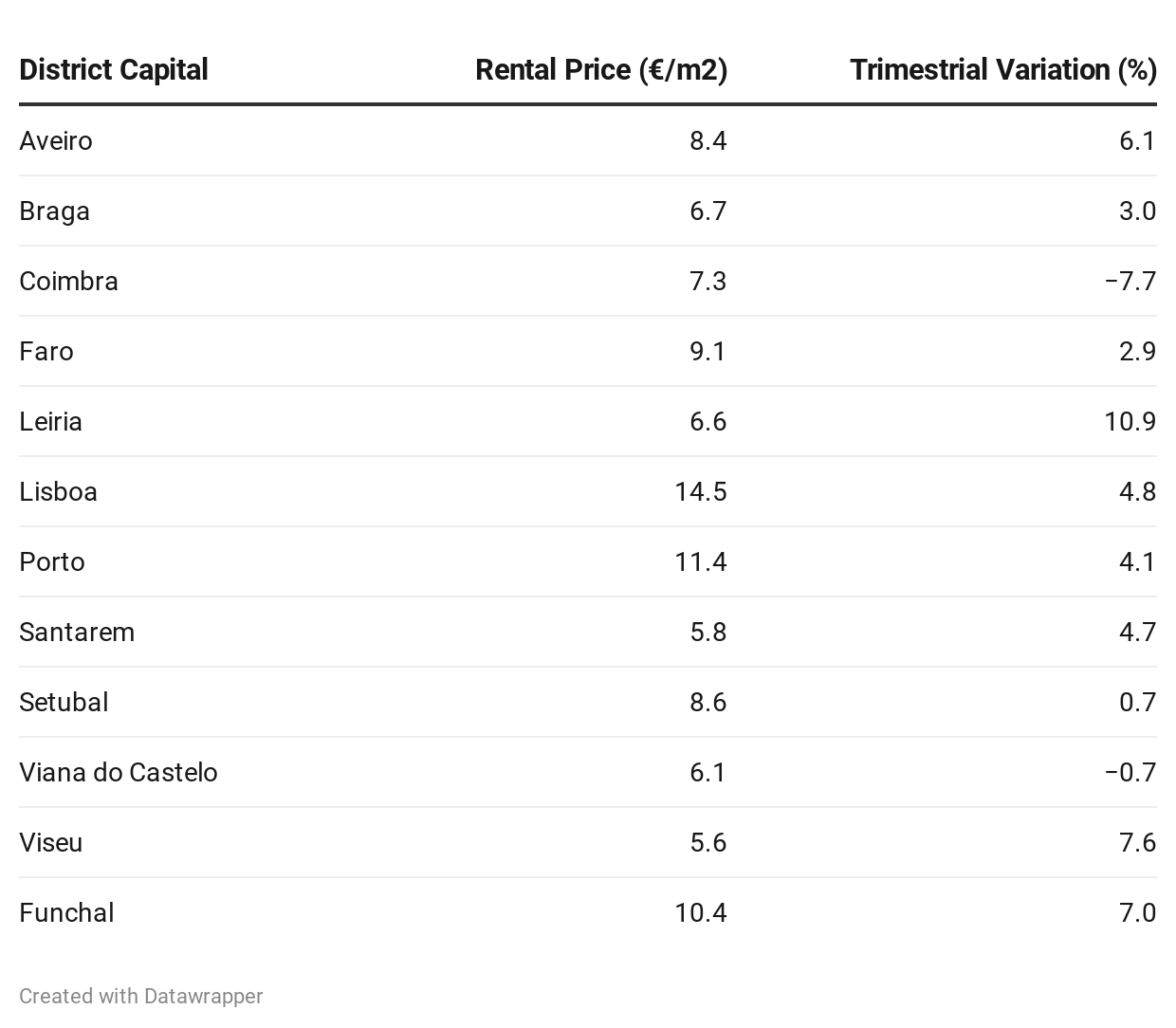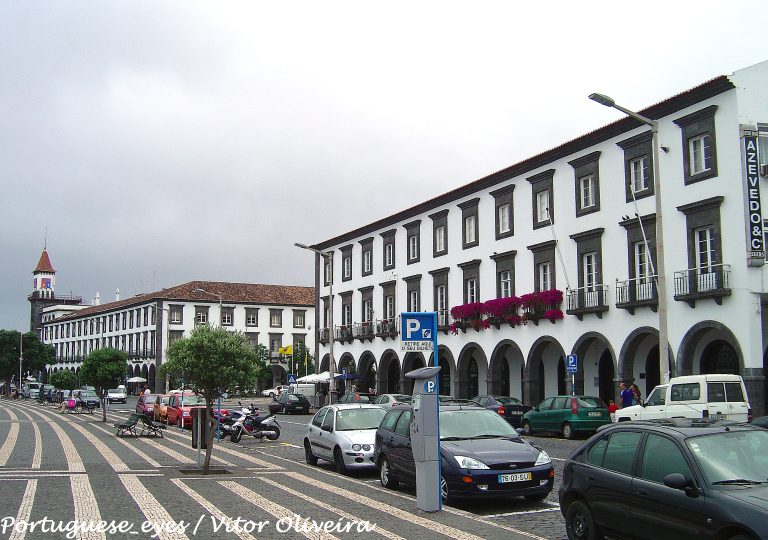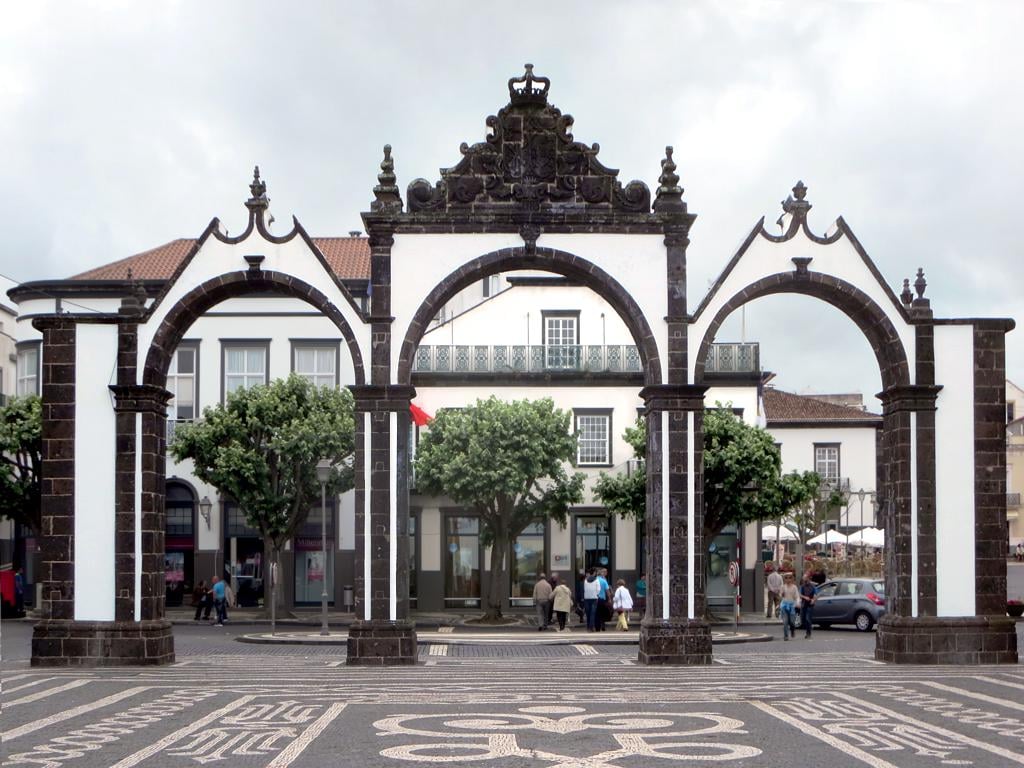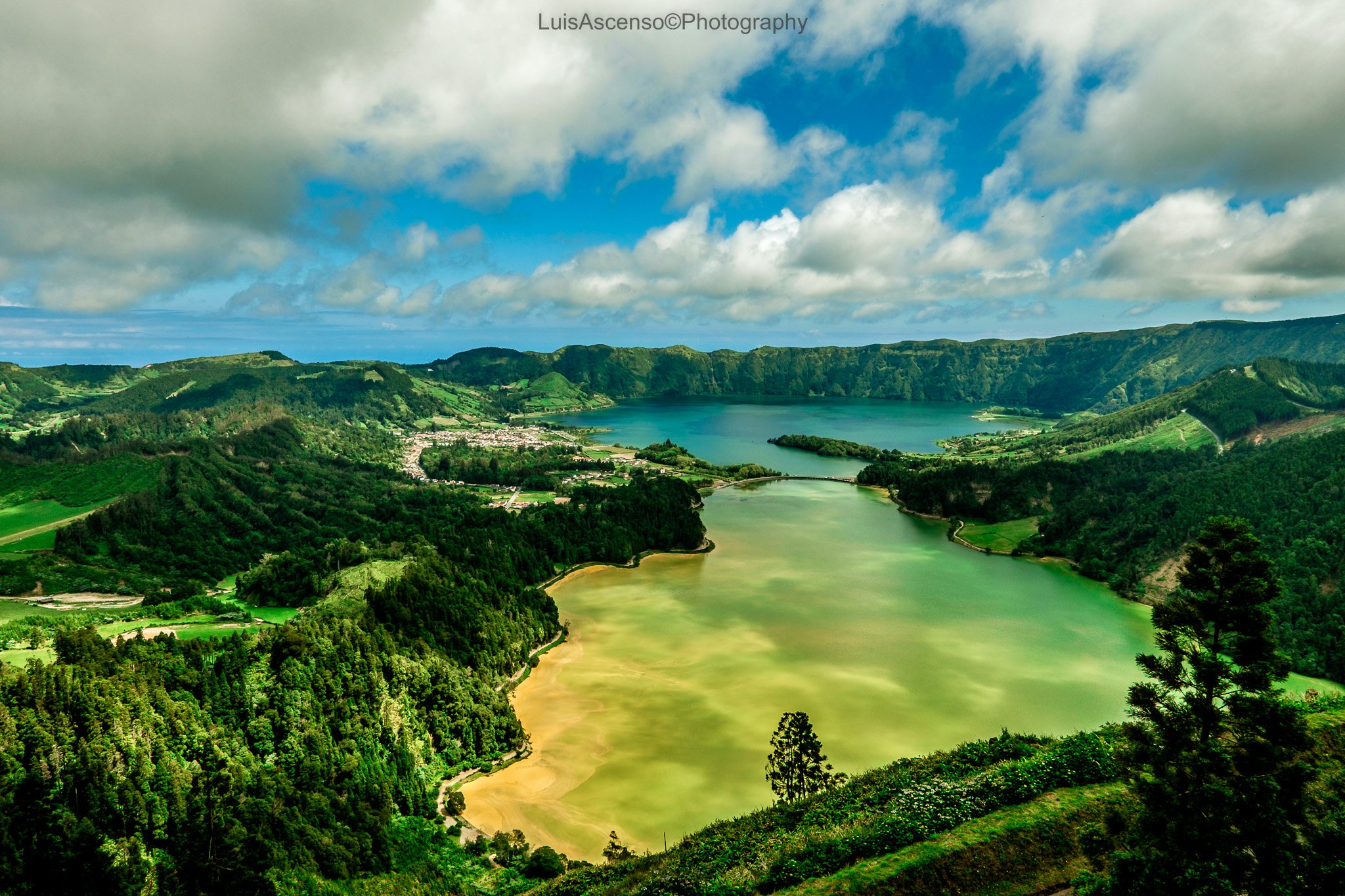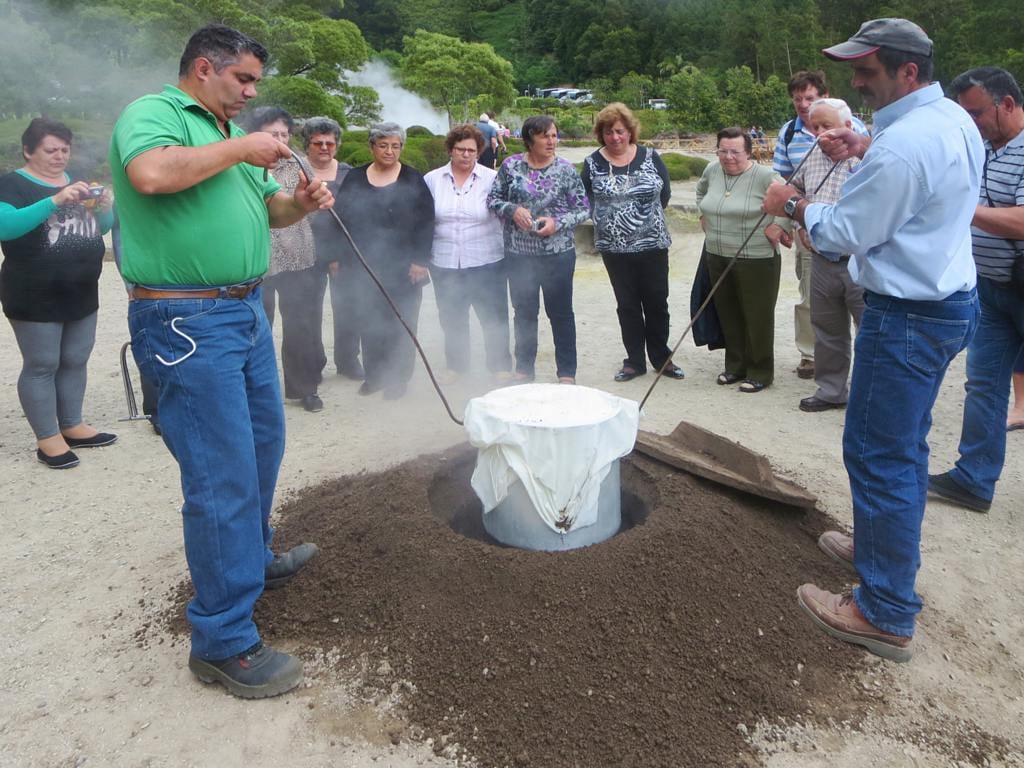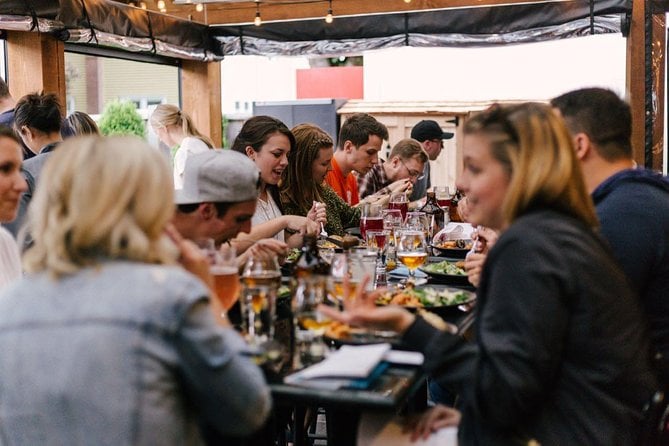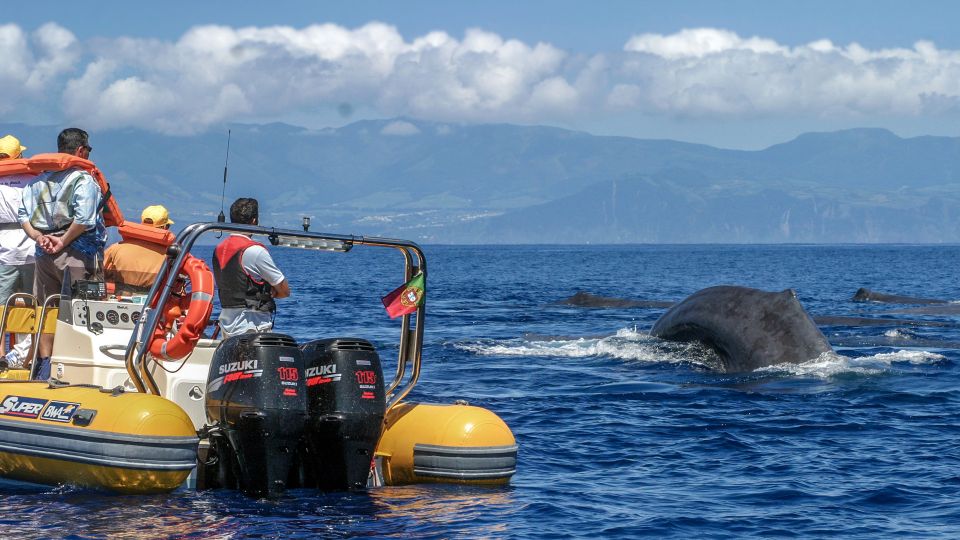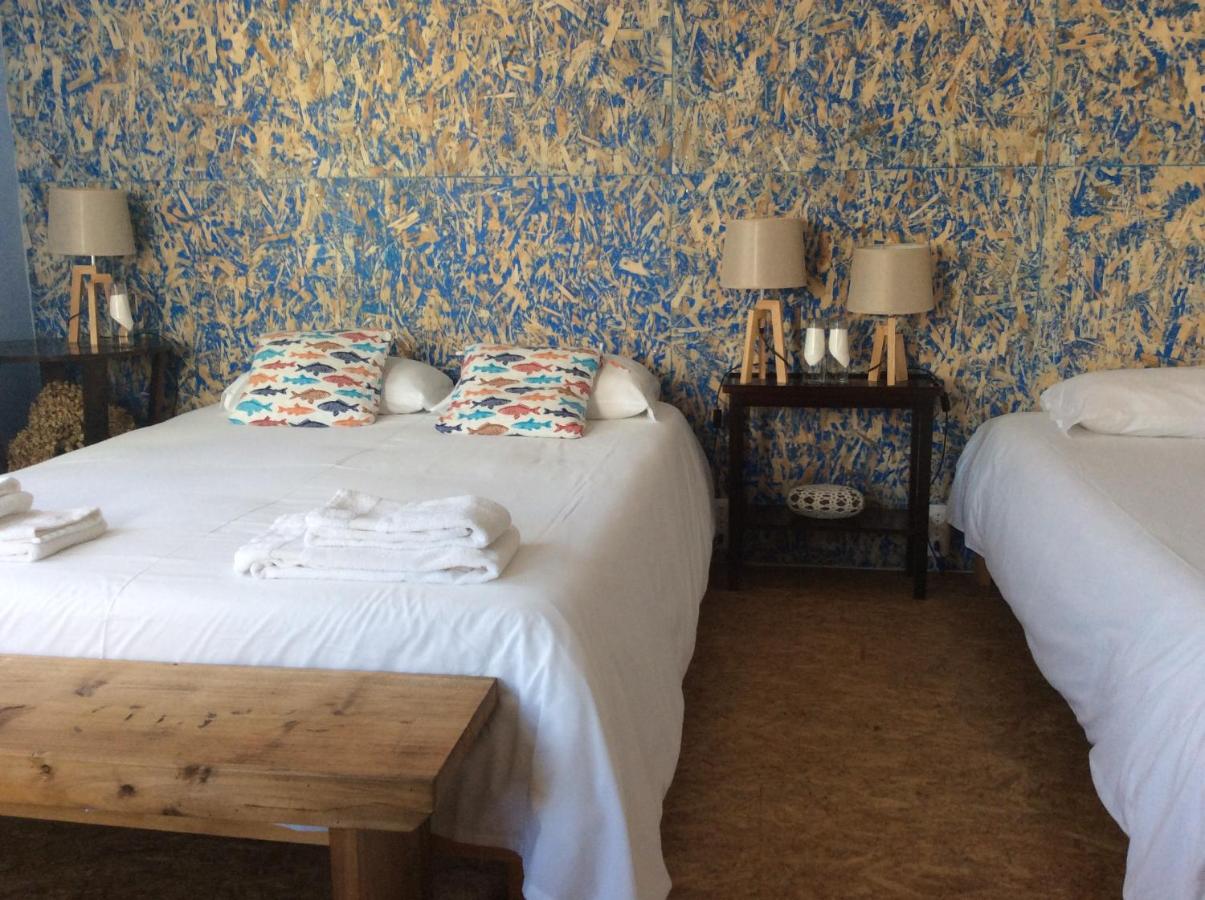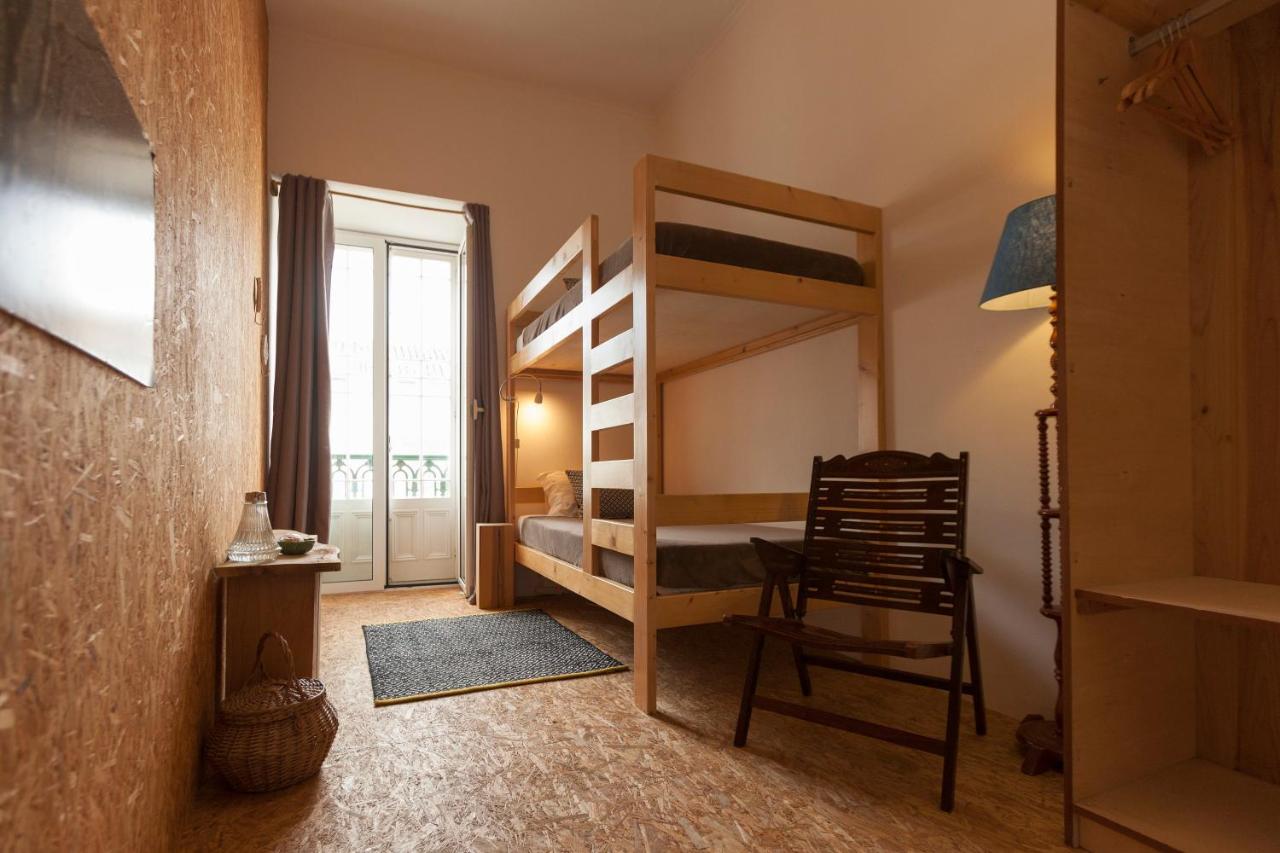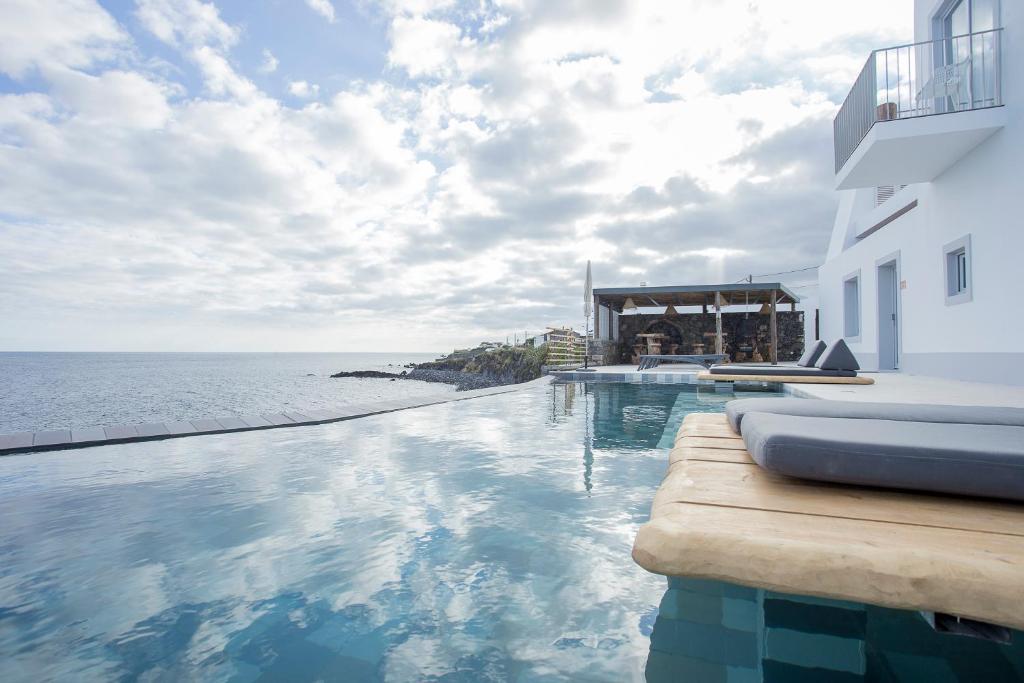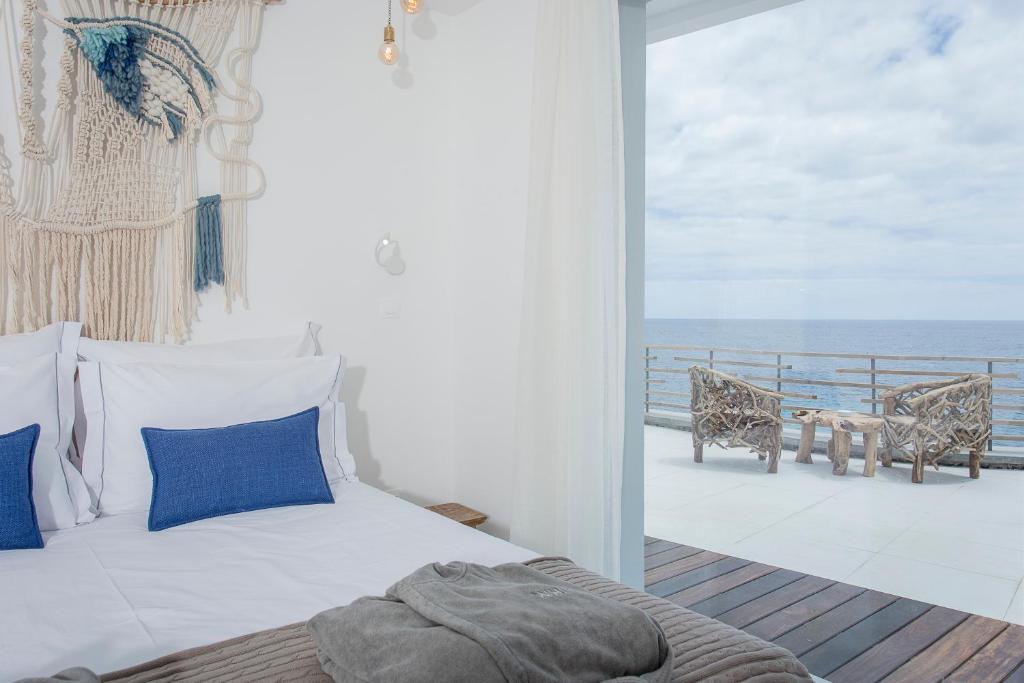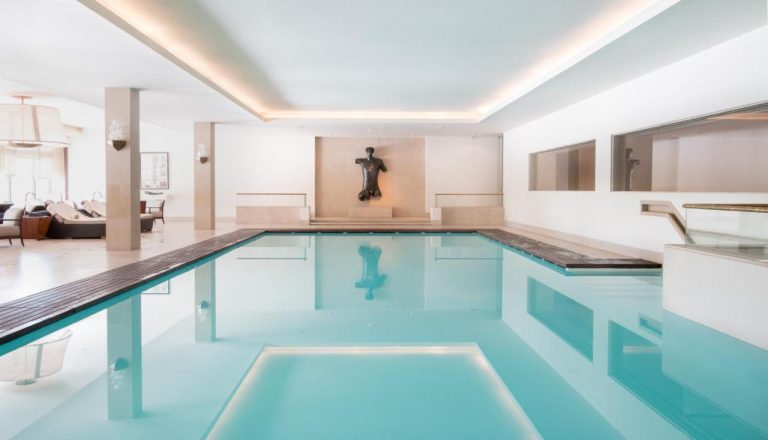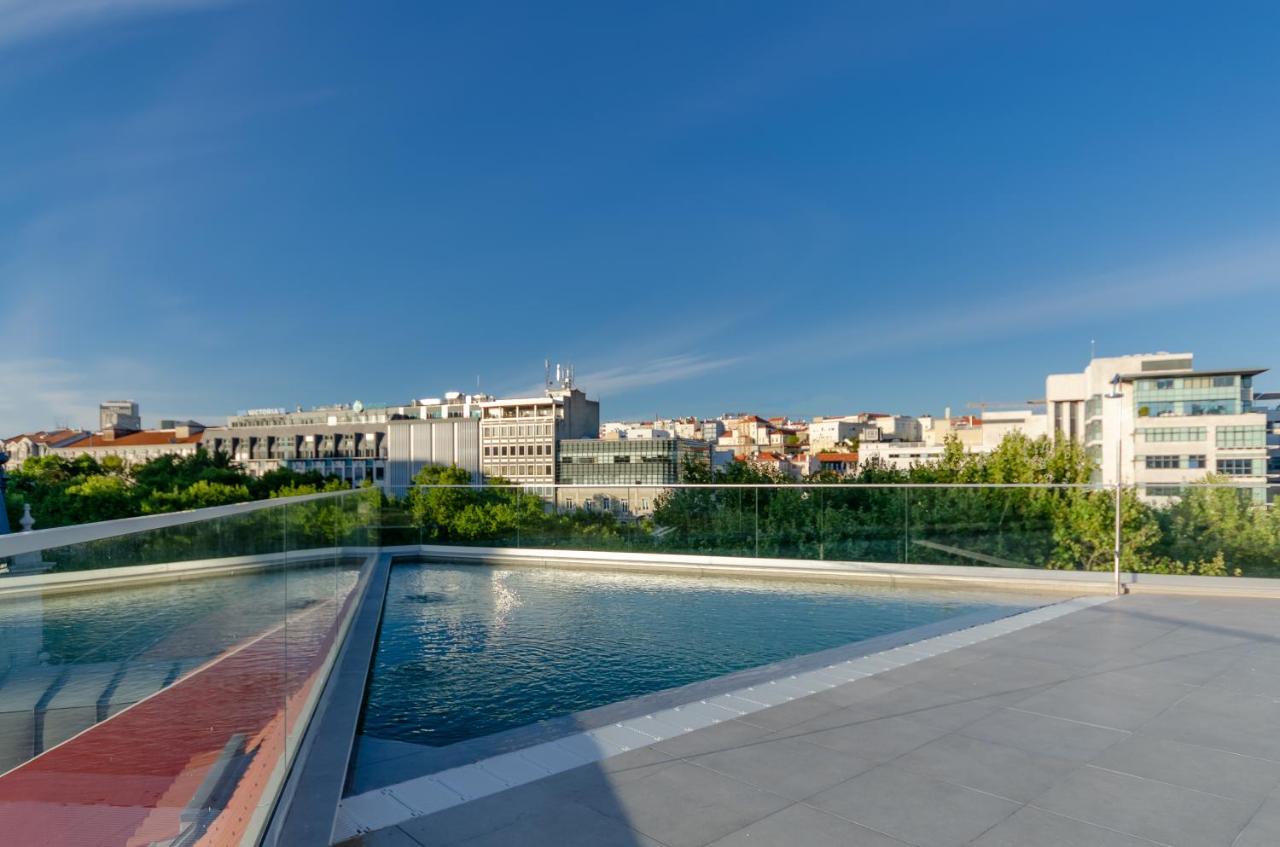What was the April 25 Revolution in Portugal?
The April 25th Revolution, also known as the Carnation Revolution, was a military coup that occurred in 1974. This coup ended the dictatorial Estado Novo regime and initiated the decolonization of the Portuguese colonies and the implementation of a democratic regime in Portugal.
The Revolution was led by a military movement, the Armed Forces Movement (MFA), made up mostly of captains (the “April Captains”) who had been to the Colonial War and opposed the regime.
The Revolution was a peaceful one with the regime’s reaction being practically nonexistent due to their reduced military power (most of the troops and armament were in the Colonial War) and the huge backing that MFA quickly gathered from the population.
After the success of the revolution, the transition to democracy and negotiations for decolonization started. This also started a mass exodus of Portuguese citizens from the ex-colonies, creating a huge refugee crisis in the country.
This is also when a big and turbulent political, economic, and social process known as Revolutionary Process in Progress (PREC) started, which would end with the Crisis of the 25th of November 1975.
The pluralist democratic regime would be consolidated on April 25, 1975, with the implementation of the new democratic Constitution, marked by its strong socialist orientation. On that same day, the first legislative election of the new Portuguese Republic was held with universal suffrage.
For all of this, April 25th is “Freedom Day” in Portugal and is a National Holiday, commemorating the Revolution and all its conquests for the Portuguese people.
25 Things To Know About Portugal’s Carnation Revolution
Background of the Carnation Revolution
From 1926, Portugal had been ruled by an authoritarian regime. After a military coup, a dictatorship was instituted that would then be reorganized into the Estado Novo (or New State).
This regime was a right-wing dictatorship, inspired by fascism and strongly based on Catholicism and traditionalist principles. It was headed by António de Oliveira Salazar, until 1968 when he was replaced by Marcello Caetano. The only allowed political party was ‘União Nacional’, the government’s party, and it was supported by groups such as the Portuguese Legion or the Portuguese Youth (inspired by fascist organizations like the Hitler Youth).
The Estado Novo had a political police, the PIDE, trained by both the Gestapo and the CIA. They persecuted any opponents of the regime through crackdowns, censorship, and many other forms of intimidation. These people would be tortured, killed, or imprisoned, sometimes in concentration camps, like the infamous Tarrafal camp.
The regime organized sham elections (not universal, with big obstacles for the illiterate, women, and colonial subjects), where their candidates would win, with or without opposition. PIDE would harass and attack voters, and there was electoral fraud.
The opposition was always present in the country, but in 1958 they started to get more traction with General Humberto Delgado’s run for President of the Republic, going against the regime’s candidate. Formerly a close ally of Salazar, he enjoyed huge popular support but would end up losing due to electoral fraud.
Soon after, Salazar suffered a brain injury and Marcello Caetano came to power, promising reforms. This period became known as the ‘Marcelist Spring’ and was seen as a path to freedom and democracy. In the following year, elections seemed to be more democratic, with the first democratic left-wing group running. However, it ended with all the seats being “won” by Caetano’s party, as always, ending all dreams the people had of freedom.
While this was happening, the Colonial War was in full swing. Independence movements grew in the African colonies and the regime responded by sending troops. Thousands of Portuguese men were sent to a land they didn’t know, with poor military education.
In 1961, India invaded and annexed the Portuguese colonies of Goa, Daman, and Diu, which the regime never recognized.
The country became more and more isolated from the rest of the world. For the Estado Novo, Portugal was “proudly alone”, defending their rightful territory. The official state doctrine advertised it, portraying Portugal as a pluricontinental country, not a Colonial Empire, with the colonies even being renamed “Overseas Provinces”.
During the Marcelist Spring, the war kept going, but the people were starting to get tired. The conflict was more than 10 years long and started to become a well-discussed topic among the people, usually not in a good light. By this point, the Portuguese army was overstretched and there wasn’t that much popular or international support for the war. Both Cold War blocs supported the independence movements, trying to make these new countries swing to their side.
All of this made the anti-regime forces gain even more ground. However, many people still supported the regime and the Empire, with the propaganda and the education system being the main causes. The country became increasingly polarized.
Economically, the regime kept industrial development conditioned due to the state ideology of Portugal as an agricultural country. It also assured that these industries were mostly in the hands of certain industrial and financial groups favorable to the regime. Companies such as CUF (Companhia União Fabril) had branches throughout the Empire and in almost all sectors, such as engineering, drinks, tourism, and even banking.
The industries that weren’t controlled by these monopolies were usually family companies that specialized in certain products traditionally produced in a certain part of the country, such as textiles in the Northwest or canned fish in the Algarve.
In the colonies, there was an extraction economy, with the colonizer taking natural resources and using them to produce things in Portugal proper. As if this wasn’t enough, until the 1960s, forced labor was allowed in conditions that were very similar to slavery.
Besides all of this, working conditions in Portugal were poor, with labor unions banned, working hours being 48 hours, and no minimum wage enforced. This slowed the country’s growth. However, starting in the 60s, some signs of growth began to show, especially due to the adherence to EFTA (European Free Trade Association). But this meant little as the general population didn’t feel this growth. More and more money was diverted for the Colonial War and less investment was being made in the country. This, together with the Colonial War conscription, created high emigration rates.
The Carnation Revolution in Portugal
Discontent started to grow even inside the military, mostly because of the Colonial War. Several left-wing military officers formed the MFA (Armed Forces Movement) with the aim of overthrowing the regime.
The group was created in 1973 and tried its first coup on March 16. This, however, failed and ended with 200 officers arrested.
However, they wouldn’t give up, and on March 24 they held their last meeting, deciding to overthrow the regime by force on April 25, 1974. On the day before, the command post was secretly created on the Pontinha barracks in Lisbon, and everything was set.
On April 24, at 10:55 PM, Paulo de Carvalho was singing “E Depois do Adeus”, the Portuguese entry in the 1974 Eurovision Song Contest, in Emissores Associados de Lisboa. This was the first signal for the troops to start the coup and take the first positions.
The second signal would be already after midnight, on April 25. The song “Grândola, Vila Morena” by Zeca Afonso, banned by the regime for supposedly alluding to communism, would be played in Rádio Renascença. This meant that there was no stopping the revolution now. The troops should take over the strategic points of power in all of Portugal.
So they did. In Lisbon, they took over the national television and radio stations, Marconi Radio, Rádio Clube Português (RCP), Lisbon Airport, Military Headquarters, General Staff of the Army, Ministry of the Army, and the Bank of Portugal. In RCP, the MFA read their first statement, explaining what was happening and their program.
In Porto, they took the Headquarters of the Porto Military Region, the Porto Airport, and the national television and RCP headquarters in the city. The regime ordered the forces in Braga to take Porto back, but these had already joined the revolutionaries.
Later, the first revolutionary forces, commanded by Captain Salgueiro Maia (who would become one of the main heroes of the revolution) reached Terreiro do Paço, the main center of the regime’s political power. Here, some forces loyal to the Estado Novo started to surrender and the people, understanding what was happening, came to the streets in celebration.
This is when Celeste Caeiro, a restaurant worker, started offering carnations to the soldiers. These, in turn, put them in their uniforms and guns, to symbolize that the revolution was peaceful. Soon, everyone had carnations and it became the main symbol of the revolution and the origin of its name.
Meanwhile, Marcelo Caetano and two other Ministers fled to the Carmo barracks, in the city center. The MFA forces started to surround this place, once again commanded by Salgueiro Maia, and followed by thousands of people who chant in support of them. Maia asked the population to leave since it seemed likely that a confrontation would occur. However, no one moved. Everyone wanted to witness the regime fall.
Some bullets were fired against the building, as to scare them into submission, and after this Caetano accepted to negotiate with Maia. He said he would only surrender to an army officer of a rank not lower than colonel so that the “power wouldn’t fall on the streets”. This was a problem since most of the revolutionaries were lower-ranking officers.
The solution was to call General Spínola, a general who had just been removed for publishing a book that defended a federated and political response to the “colonial problem”, instead of the regime’s choice of keeping the war going. He is chosen as the representative of the MFA (even though he wasn’t a part of the Movement) and Caetano finally surrendered to him.
He and his ministers were then escorted by Salgueiro Maia to the MFA Headquarters and then sent by plane to Madeira, where they would be sent to other countries.
In the meantime, a big crowd protests outside the PIDE Headquarters. The political police decided to shoot the protesters, killing 4 people and leaving 45 people wounded. The only fatalities in this otherwise peaceful revolution. They only surrendered the next day.
After this, the ‘Junta de Salvação Nacional’ (National Salvation Junta) is formed and presented on national television and General Spínola is made President of the Republic. Then, the political prisoners were freed from the political prisons of Caxias and Peniche, putting an end to the revolution itself.
Finally, Portugal had taken the first step towards democracy!
Aftermath of the 25 of April Revolution in Portugal
Until then, Portugal had been a country stuck in history. Still a Colonial Empire, very far behind both economically and socially, with poor infrastructure, inefficient agriculture, and some of the worst health and education in Europe. This is what the revolution tried to change.
As soon as power was passed to the MFA and the National Salvation Junta, the main task was to fulfill the MFA Program, summed up in the 3 D’s: Democratize, Decolonize and Develop.
Immediately, the PIDE and censorship were abolished and free worker’s unions and political parties were made legal. The first of May was finally celebrated in freedom, with a million people marching in Lisbon.
As news of the revolution spread around Europe, the Portuguese political leaders in exile came back, starting a political life in the country.
Soon after, the PREC (Revolutionary Process in Progress) started. This was a very turbulent period that saw forces from all over the political spectrum struggle for control of Portuguese politics, marked by huge popular demonstrations, occupations, terrorist attacks, nationalization, and provisional governments.
Right-wing military figures tried to set up a counter-coup, led by President Spínola. This failed and resulted in him being taken out of office. These forces still tried to fight for political supremacy, creating armed militias.
Something similar was happening on the left, with the MFA being divided among the so-called ‘radical’ (connected with the Communists and other groups) and the ‘moderate’ forces. Besides this, other leftist parties and militias also started to form.
The decolonization of the colonies also started being negotiated. This also resulted in the ‘retornados’ (returnees) refugee crisis, when the ex-colonists fled en-masse to Portugal.
The country negotiated with the independence movements to try to create transitional governments and structures for the new countries, but this sadly didn’t prevent crisis and wars. Angola and Mozambique soon fell into a civil war, as well as Guinea-Bissau after a period of stability, while Timor-Leste was almost immediately invaded by Indonesia. Only Cape Verde and São Tomé and Príncipe remained stable countries after the decolonization, establishing democratic systems in the 90s.
Portugal also finally recognized the Indian annexation and started negotiating Macau’s return to China, which would happen in 1999.
Then, the provisional governments started to be formed. Big reforms in the political and economic regime were enacted by these. Big companies were nationalized and people associated with the dictatorship or who didn’t prescribe to the revolution’s ideals were exiled or put aside. The Land Reform also started, with about 900.000 hectares (2.200.000 acres) of agricultural land being seized and redistributed to the workers. This would then be, in part, undone, since around a third of the expropriations were considered illegal and were returned to the previous owners.
As for the economy, it was a difficult period. The new economic policies, oil shocks, the European recession, and the refugee crisis made the country fall into recession. However, this resumed soon after PREC and the GDP finally started growing, with the country even joining the European Economic Community.
As for democracy, it came a year after the revolution. On April 25 1975, the first free elections were held for the Constitutional Assembly. The Constitution written would have a strong socialist undertone and would establish a free parliamentary democracy.
Later that year, on November 25, 1975, a coup by the ‘radicals’ in the Armed Forces was attempted, being stopped by the ‘moderates’. This ended PREC and its political turmoil and Portugal assumed itself as a democratic country.
Finally, in 1976, the first Parliamentary elections were held that gave rise to the first constitutional government, ending the country’s transition to democracy. The Socialist Party (PS) won 38% of the vote, the PPD, now the Social Democratic Party (PSD) won 26.4%, the Portuguese Communist Party (PCP) won less than 13% of the vote, and the Democratic and Social Center Party (CDS) won less than 8%. This was the first election where universal suffrage was introduced, and women were allowed to vote with the same rights as men.
Legacy of the 25 of April Revolution in Portugal
The Carnation Revolution is a subject that, until now, divides Portuguese society, with some defending its many conquests and achievements and others believing it was a mistake or that it should have played differently.
The Communists think that the revolution didn’t go further enough, saying that “April hasn’t yet been fulfilled”. This phrase is, however, sometimes used by other political sectors in Portugal when they want to show that some things have remained the same since the dictatorship.
As for the more conservative right-wing sectors, they tend to either believe it was an outright mistake or that some parts of it were regrettable, such as the way that the decolonization played out or the nationalizations that the provisional governments did.
However, it is more or less accepted by all that it was a big step in a democratic path and also in the political and social development of the country.
Until today, many books, documentaries, and movies are made about the revolution and the heroes of the revolution, the April Captains, are still revered by the population. Salgueiro Maia is still remembered by almost all political sectors due to his willingness to free the country and not look for any political gain or power.
Nowadays, the date is celebrated every year with the President and all the parties talking in the Parliament, followed by a huge march in Lisbon and demonstrations all over the country.
Its conquests and deeds, done well or not, finished or unfinished, turned Portugal into the country it is today, a free and democratic one.
 The vaulted ceilings give you the feeling of luxury matching the prices of the food. The location has so much promise, unfortunately for us, it was a cloudy day and our reserved outdoor table didn’t materialize. We were shoved into a high top table next to the bar with a dozen loud strangers standing by the bar drinking, bumping into our table and generally ruining the lovely ambiance of Enoteca 1756 for us, more so than the rest of the guests, because we have a large pillar blocking us from the rest of the restaurant.
The vaulted ceilings give you the feeling of luxury matching the prices of the food. The location has so much promise, unfortunately for us, it was a cloudy day and our reserved outdoor table didn’t materialize. We were shoved into a high top table next to the bar with a dozen loud strangers standing by the bar drinking, bumping into our table and generally ruining the lovely ambiance of Enoteca 1756 for us, more so than the rest of the guests, because we have a large pillar blocking us from the rest of the restaurant.